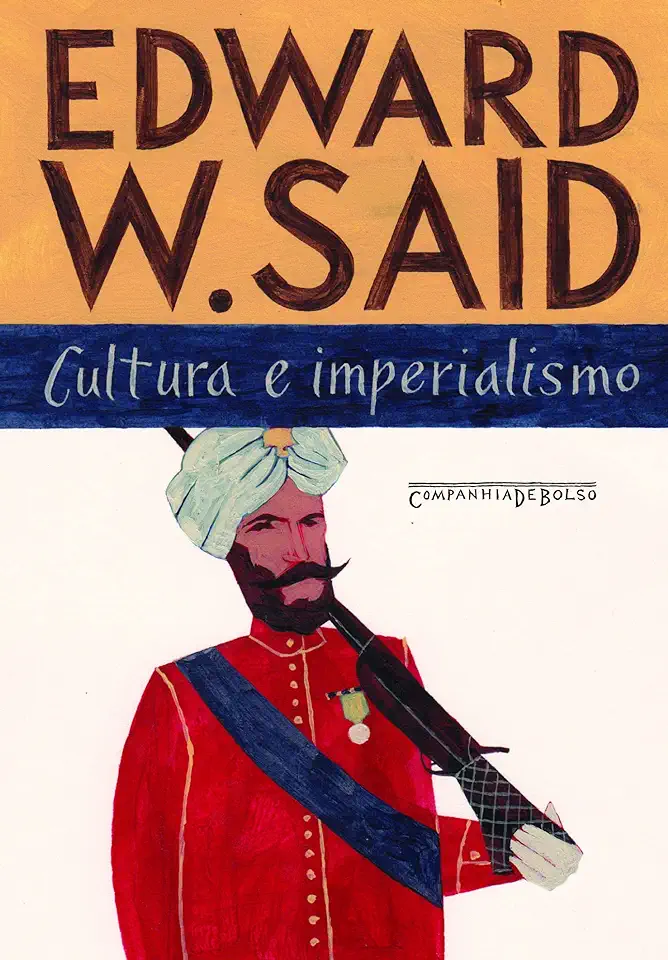
Culture and Imperialism - Edward W. Said
Culture and Imperialism: A Groundbreaking Exploration of Power, Culture, and Resistance
In his seminal work, "Culture and Imperialism," Edward W. Said embarks on a profound and provocative journey, delving into the intricate relationship between culture and imperialism. With meticulous research and compelling arguments, Said unveils the ways in which imperial powers exert their dominance not only through political and economic means but also through cultural mechanisms.
Unveiling the Cultural Dimension of Imperialism
Said challenges the traditional understanding of imperialism as a purely economic or political phenomenon. He argues that imperialism also operates on a cultural level, shaping the perceptions, values, and identities of both the colonizers and the colonized. Through the dissemination of their own cultural norms, imperial powers seek to assert their superiority and legitimize their domination.
Culture as a Site of Resistance
Far from being passive recipients of imperial cultural influences, Said emphasizes the agency of colonized peoples in resisting and subverting these influences. He explores the ways in which colonized cultures can retain their vitality and distinctiveness even in the face of overwhelming imperial power. By examining literature, art, and other cultural expressions, Said demonstrates how colonized peoples can assert their own identities and challenge the dominant narratives imposed by the colonizers.
The Interconnectedness of Culture and Power
Said's analysis reveals the profound interconnectedness of culture and power. He argues that culture is not merely a reflection of power dynamics but also an active force that shapes and influences power relations. By understanding the cultural dimensions of imperialism, we gain a deeper comprehension of the mechanisms of domination and the possibilities for resistance.
A Call for Decolonization of Knowledge
"Culture and Imperialism" serves as a clarion call for the decolonization of knowledge. Said urges scholars and intellectuals to critically examine the ways in which their own disciplines and institutions have been shaped by imperial legacies. By challenging Eurocentric biases and embracing diverse perspectives, we can contribute to a more just and equitable world.
A Must-Read for Understanding the Complexities of Imperialism
"Culture and Imperialism" is a seminal work that has profoundly influenced the fields of postcolonial studies, literary theory, and cultural studies. With its rigorous scholarship, provocative insights, and passionate advocacy for justice, this book is essential reading for anyone seeking to understand the complexities of imperialism and its enduring impact on our world.
Key Themes and Concepts:
- The cultural dimension of imperialism: How imperial powers use culture to assert their dominance and legitimize their rule.
- Resistance and subversion: The agency of colonized peoples in resisting and subverting imperial cultural influences.
- The interconnectedness of culture and power: The profound relationship between culture and power, and how culture can shape and influence power relations.
- Decolonization of knowledge: The need to critically examine and challenge Eurocentric biases in academia and intellectual discourse.
Why You Should Read "Culture and Imperialism":
- Gain a deeper understanding of the complex relationship between culture and imperialism.
- Explore the ways in which colonized peoples resist and subvert imperial cultural influences.
- Recognize the interconnectedness of culture and power, and how culture can shape and influence power relations.
- Join the call for the decolonization of knowledge and contribute to a more just and equitable world.
Enjoyed the summary? Discover all the details and take your reading to the next level — [click here to view the book on Amazon!]